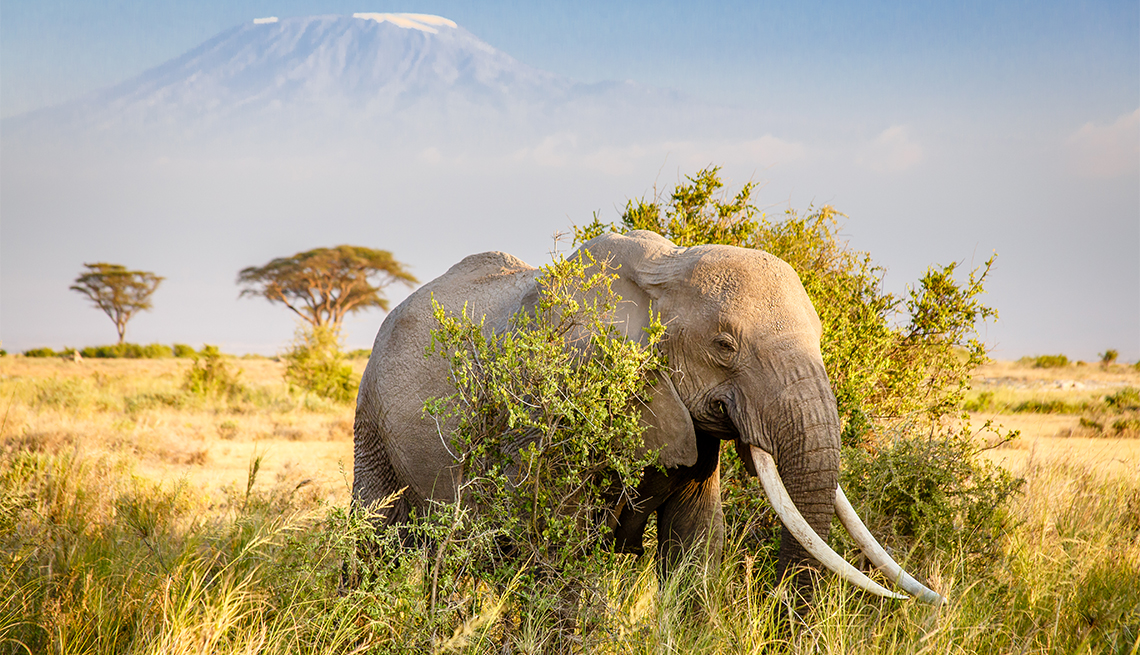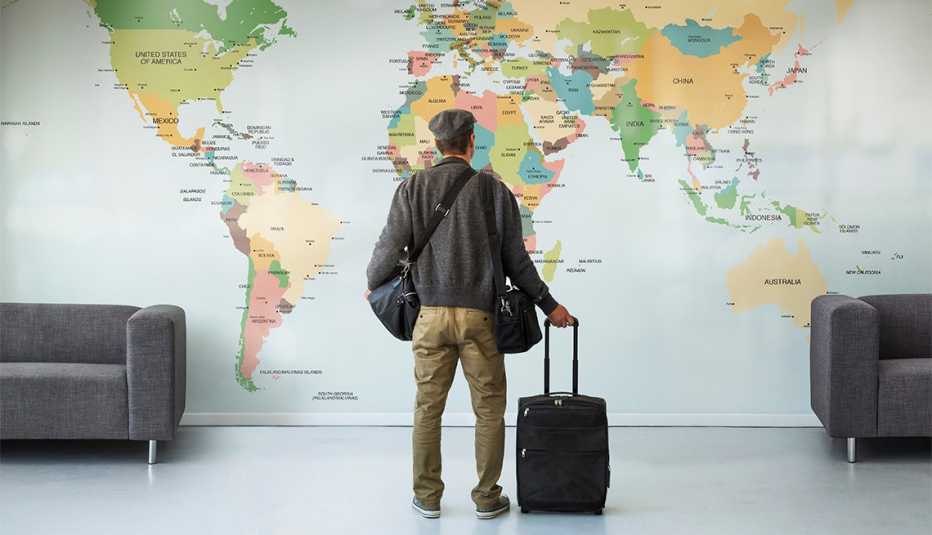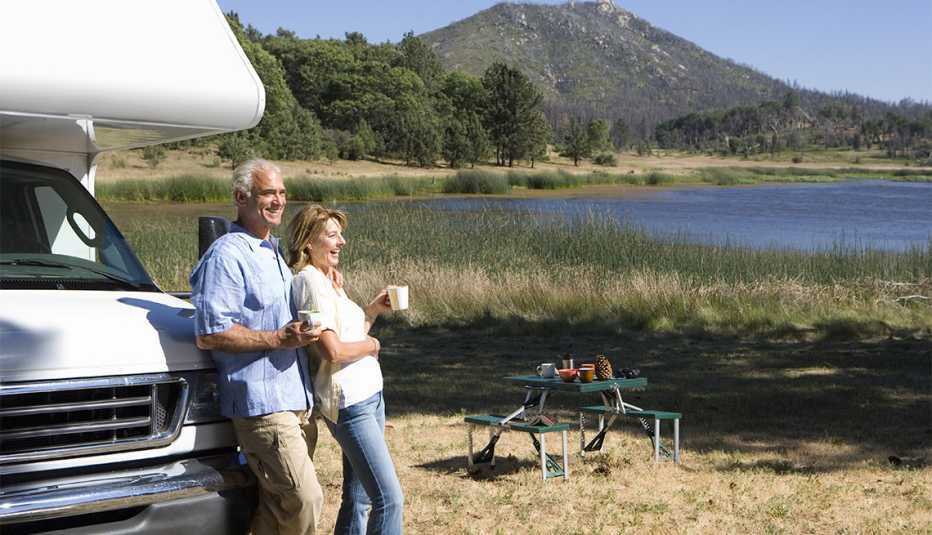Staying Fit
An African safari is a bucket list trip for many — and after a spring of being homebound, the vast savannahs of South Africa's Kruger National Park and the wildlife-rich waterways of Botswana's Okavango Delta may never look more inviting. With flights grounded and borders closed, African safari companies and independent lodges have been finding creative ways to bring the sights and sounds of the bush as well as the expertise of their staff to living rooms around the globe, free of charge. Here, just a few creative ways to go on safari at home.
Virtual game drives
Singita — which operates 15 luxury lodges and camps across four African countries — in March started livestreaming virtual game drives in South Africa twice daily on Facebook and Instagram. As a result, Ross Couper, resident photographer and former guide at Singita Sabi Sand, a privately owned game reserve, has become a social media sensation. Couper's unscripted narrative combined with the unpredictability of the bush makes for entertainment that rivals anything you'd find on Netflix. Just like on a real safari, you never know what to expect when you tune in. You might see an adorable baby giraffe or a herd of elephants, but you also might see a pride of lions feasting on a buffalo kill.


AARP Membership— $12 for your first year when you sign up for Automatic Renewal
Get instant access to members-only products and hundreds of discounts, a free second membership, and a subscription to AARP the Magazine.
On a recent outing, Couper excitedly tracked the sound of trumpeting elephants and found himself face to face with a massive bull. “Elephants have the right-of-way here,” he joked to the cameraman as he slowly reversed his Land Rover. Couper informed viewers that a herd of disturbed elephants usually means a predator — a leopard, lion, wild dog — in the area, so he drove onward in search of the culprit. Just a few minutes later he spotted a female leopard up in a tree. “Look at that,” he said, in genuine awe. “We're fortunate to see her.”
According to Lindy Rousseau, Singita's marketing director, these live safaris engage social media viewers much more than a straightforward photo post. The feeds provide an escape for viewers, but also ensure the wildlife are being looked after. With lodges and camps closed, there are fewer tourist vehicles in the bush, which means fewer eyes and ears on the ground to scare off potential poachers.
The popularity of the virtual safaris prompted Singita to begin livestreaming footage from its lodges in Tanzania and Zimbabwe, as well. To get alerts about live footage, just turn on the Live Videos push notification setting on Facebook and Instagram. People who can't tune in live can view saved footage on Singita's Vimeo page.


































































